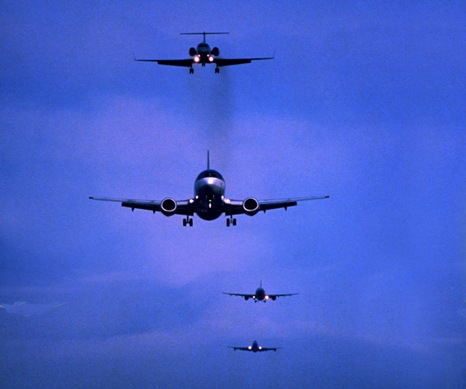5G fears impact travel
 Travel disruptions over 5G infrastructure will have lasting flow-on effects, some officials claim.
Travel disruptions over 5G infrastructure will have lasting flow-on effects, some officials claim.
Carriers from Asia, the Middle East and Europe were forced to cancel flights to the United States last week, after US authorities raised safety concerns caused by 5G telecoms deployment.
The disruptions were caused by concerns that powerful signals could interfere with aeroplane systems, after US firms AT&T and Verizon Communications delayed switching on new telecom masts near key airports.
US airlines and the Federal Aviation Administration (FAA) claim the 5G frequencies and transmission strength could interfere with radio altimeter readings - which provide vital data on a plane’s height above the ground on approach. It is central to automated landings.
US President Joe Biden said he “pushed … to have the 5G folks hold up and abide by what was being requested by the airlines until they could more modernise over the years - so 5G would not interfere with the potential of a landing”.
Dubai's Emirates said the situation was made worse by “mixed messages” from US authorities.
Emirates president Tim Clark says it was “one of the most delinquent, utterly irresponsible” episodes he had seen.
The FAA scrambled to review guidance on which airports and planes are affected, before issuing new approvals that allowed around 62 per cent of US commercial planes to perform low-visibility landings at airports where 5G is deployed.
Much of the initial disruption affected lines flown by the Boeing 777, causing several carriers to have to switch planes.







 Print
Print